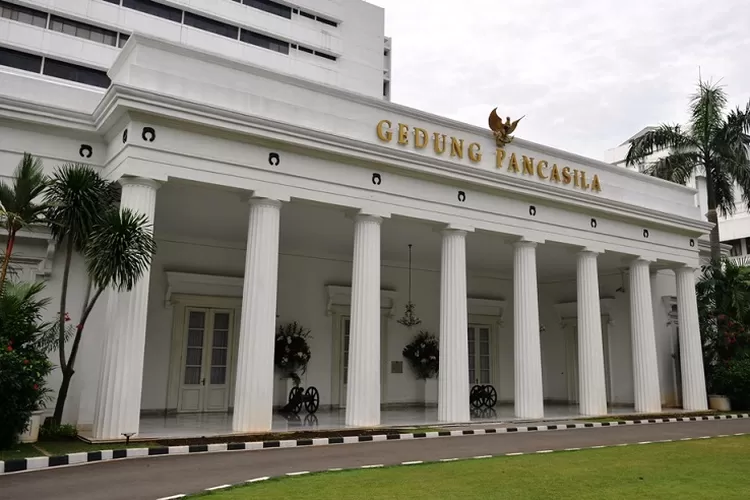The recent imposition of a 32% tariff by the United States on Indonesian goods has introduced significant challenges to Indonesia's export sector and broader economy. This article delves into the ramifications of these tariffs, the sectors most affected, and the strategic measures Indonesia is adopting to navigate this complex trade landscape.
Overview of the US Tariff Imposition
In April 2025, the US administration, under President Donald Trump, announced a sweeping tariff policy, imposing a 32% tariff on imports from Indonesia. This move is part of a broader strategy targeting countries with which the US has substantial trade imbalances. The tariffs aim to rectify perceived unfair trade practices and bolster domestic industries.
The Indonesian Ministry of Foreign Affairs (Kemlu) has expressed concern over the significant impact these tariffs will have on the competitiveness of Indonesian exports in the US market. Key export commodities such as electronics, textiles, footwear, palm oil, rubber, furniture, and seafood are expected to be adversely affected.
Economic Implications for Indonesia
The imposition of these tariffs poses several economic challenges for Indonesia:
- Trade Balance Pressure: The US is a major trading partner for Indonesia, contributing significantly to its trade surplus. The new tariffs threaten to disrupt this balance by making Indonesian goods less competitive in the US market.
- Currency Volatility: The anticipated decline in export revenues may exert downward pressure on the Indonesian rupiah, potentially leading to increased volatility in currency markets.
- Sectoral Impact: Industries heavily reliant on US exports, such as textiles and electronics, may face production slowdowns, potential layoffs, and decreased investment due to reduced demand.
Government's Strategic Response
In response to the tariffs, the Indonesian government is implementing several strategic measures:
- Negotiation Efforts: Indonesia is actively seeking negotiations with the US to address and potentially reduce the imposed tariffs. President Prabowo Subianto has instructed his cabinet to engage in diplomatic dialogues aimed at resolving trade disputes amicably.
- Regulatory Reforms: The government is committed to simplifying trade regulations and easing non-tariff barriers to enhance the overall trade environment. These reforms aim to make Indonesian exports more attractive and competitive globally.
- Diversification of Export Markets: Efforts are underway to reduce reliance on the US market by exploring and strengthening trade relationships with other countries and regional blocs. This strategy includes pursuing free trade agreements and participating in international economic partnerships.
- Support for Affected Industries: The government plans to provide support to industries most impacted by the tariffs through financial assistance, capacity-building programs, and incentives to explore alternative markets.
Broader Implications and Future Outlook
The US tariffs on Indonesian goods reflect a shift towards protectionist trade policies that have global ramifications. For Indonesia, this development underscores the importance of building a resilient and diversified economy capable of withstanding external shocks.
Moving forward, Indonesia's focus will likely be on enhancing its economic diplomacy, improving the ease of doing business, and fostering innovation to increase the value-added component of its exports. By adopting these strategies, Indonesia aims to not only mitigate the adverse effects of the current tariffs but also to position itself more favorably in the evolving global trade landscape.
In conclusion, while the 32% US tariff presents immediate challenges, it also serves as a catalyst for Indonesia to accelerate economic reforms and strengthen its trade resilience. Through strategic responses and proactive engagement, Indonesia seeks to navigate this complex situation and emerge with a more robust and diversified economic foundation.
Read More






 Friday, 27-02-26
Friday, 27-02-26







